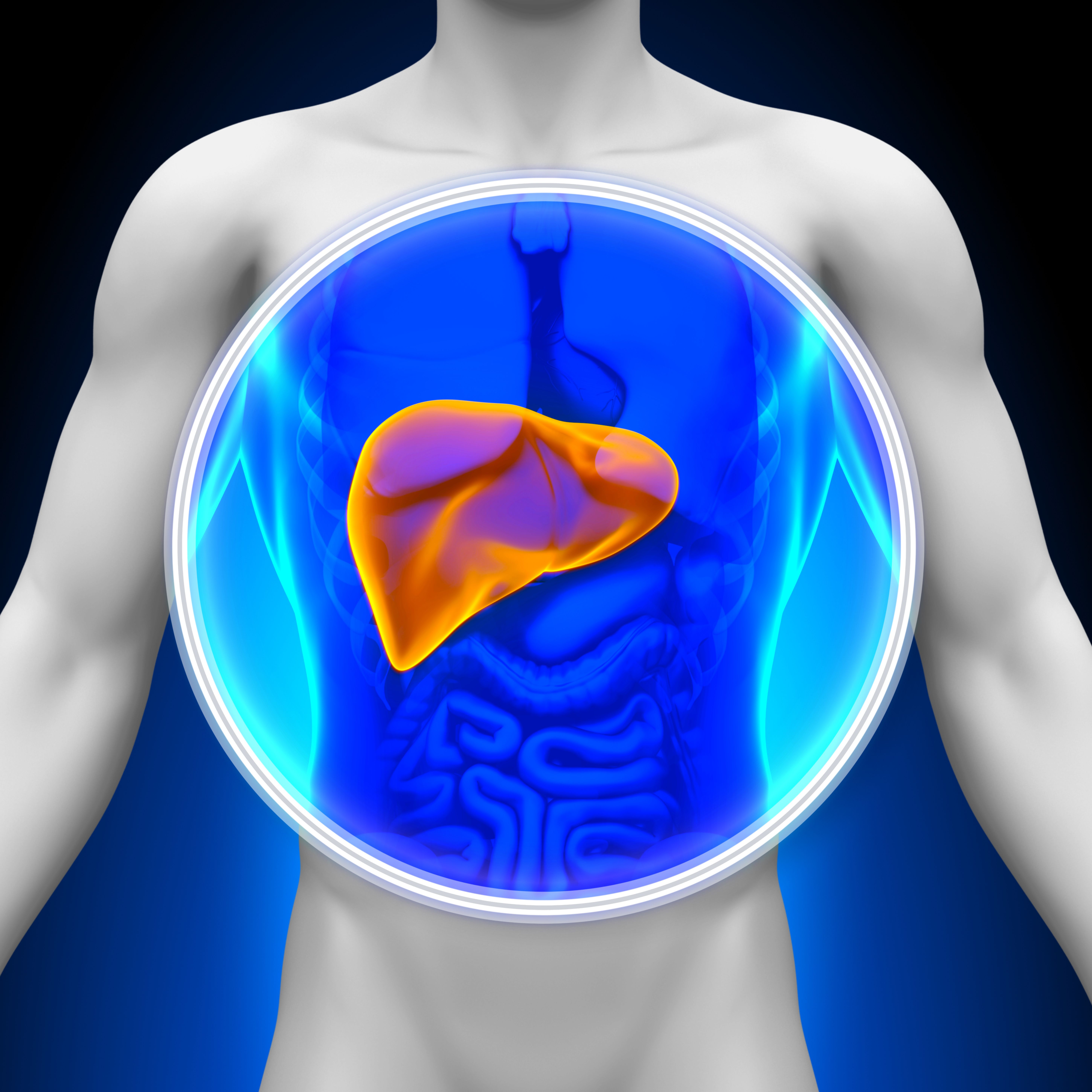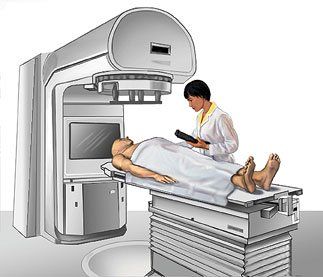
Radiation Oncology
Latest News
Latest Videos

CME Content
More News

Experts from Vanderbilt University Medical Center emphasize gathering a second opinion to determine if a tumor is resectable in patients with pancreatic cancer.

Experts from Vanderbilt University Medical Center discuss the use of intraoperative radiation therapy in a 64-year-old patient with pancreatic cancer.

Investigators are assessing the use of IORT in patients with borderline resectable or unresectable pancreatic cancer as part of the phase 2 PACER trial.

Kamran Idrees, MD, MSCI, MMHC, FACS, discusses how factors such as vessel involvement can influence the decision to proceed with surgical therapy.
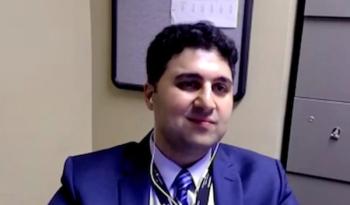
Milad Baradaran, PhD, DABR, outlines the design of Mobetron as an option for administering intraoperative radiation therapy in pancreatic cancer care.

AI tools may show utility in areas such as prostate diagnostic imaging, pathology, and treatment outcome predictions.

Vikek S. Kavadi, MD, MBA, FASTRO, succeeds Laura Thevenot, who plans to retire at the end of 2024 after leading the organization since 2002.

Terence T. Sio, MD, MS, highlights advances such as proton beam radiotherapy that may improve outcomes for those with non–small cell lung cancer.

The use of CT scans may help practices adaptively plan and adjust radiotherapy courses for patients with non–small cell lung cancer.

Patients with NSCLC who have comorbidities or frailty may also be able to receive treatment with fewer toxicities via proton beam radiotherapy.

Terrence T. Sio, MD, MS, emphasizes multidisciplinary collaboration for treating patients with NSCLC who may require more than 1 type of therapy.

Artificial intelligence use in prostate cancer encompasses 4 main areas including diagnostic imaging, prediction of outcomes, histopathology, and treatment planning.

Timothy Chen, MD, highlights how technologies such as ZAP-X and proton therapy may improve outcomes for patients with cancer.

The use of proton therapy may offer a more specific depth charge compared with conventional radiation, according to Timothy Chen, MD.

First-in-patient findings support AZD1390 as a potential radiosensitizer during the management of glioblastoma.

A Miami Breast Cancer Conference presentation focused on how the new ASTRO partial breast irradiation guidelines could be incorporated into practice.

Findings from a phase 2 trial highlight an acceptable adverse effect profile and renal function with stereotactic ablative body radiotherapy in primary renal cell cancer.

Reshma Jagsi, MD, DPhil, highlights disparities in hypofractionation, toxicity, and cardiac doses in radiotherapy for Black and Asian patients with breast cancer.
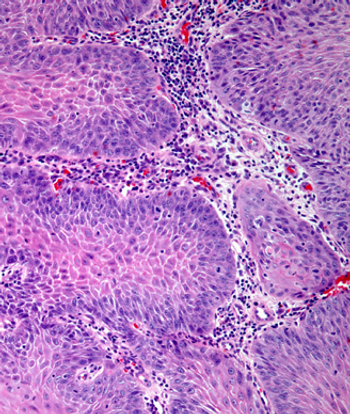
The role of multimodal approaches such as FDG-PET imaging may require further investigation in patients with human papillomavirus–positive oropharyngeal cancer, according to Samuel Regan, MD.

Prophylactic cranial irradiation may not be worthwhile for treating patients with extensive-stage small cell lung cancer based on conflicting data, according to Gregory Peter Kalemkerian, MD.

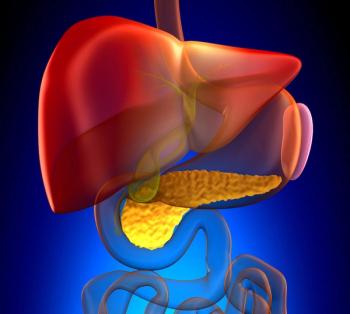
At 1 and 2 years, patients with hepatocellular carcinoma and narrow surgical margins experienced encouraging recurrence-free survival rates following adjuvant radiotherapy in the phase 2 RAISE trial.

The FDA grants clearance to an oral immobilization stent designed to redirect radiation to the target tumor area for patients with head and neck cancer.

Findings from a secondary analysis of a phase 3 trial support stereotactic radiosurgery as a standard of care for those with brain metastases, although whole-brain radiotherapy may yield more local and distant control.

Adding adaptive radiation to chemotherapy may offer a novel approach to treating patients with advanced non–small cell lung cancer, according to Michael Steinberg, MD.




